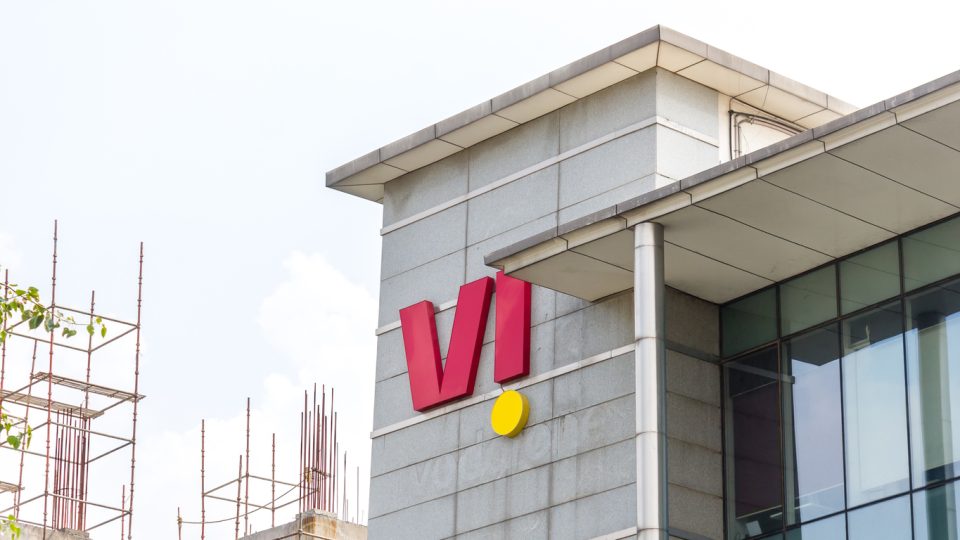
Vodafone-Idea: Three big stakeholders, with none to love
It looks like the government is playing the usurious money lender by taking a stake in VI, but the Indian and foreign collaborator do not seem to mind as there is no cash outgo

The government now holds an around 33 per cent stake in Vodafone Idea (VI), post-conversion of the latter’s first tranche of accrued interest liability (on deferred dues) into equity, while the telco’s promoters — UK’s Vodafone Plc and India’s Aditya Birla Group (ABG) — collectively hold 50 per cent in the company. This is a coup that has neither ruffled any feathers nor caused any resentment in the promoter camps.
It has the makings of a friendly takeover, except that the takeover was not to manage or to earn dividend but to give the GOI a stronghold on the company till it pays off the dues to it.
Also read: Crypto winter prods firms to freeze hiring, but all hope’s not lost
The Department of Telecommunications (DoT) had computed the net present value (NPV) of the accrued interest due to the four-year deferral of spectrum and adjusted gross revenue (AGR) payments at Rs 16,133.1 crore. VI shares have been languishing in the price band Rs 7 to Rs 8 and not even the SEBI exemption to GOI from making a public offer for acquiring 26 per cent shares — as required by its takeover regulations if the stake went up beyond 25 per cent — could lift its quotations greatly.
The bottom line is that the government has got the shares cheap but cynics wonder whether it is sitting on dud shares, the ones that would cast on it more burdens than advantages and tie its hands.
Huge debt and losses
It may get a further 6-7 per cent stake (second tranche) if the company opts for conversion again of the interest due on four-year moratorium on paying Rs 8,837 crore as AGR dues. It looks like the government is playing the usurious money lender — accepting interest with glee so that the principal stays constant — but the Indian and foreign collaborator do not seem to mind as there is no cash outgo.
Are they laughing up their sleeves at the government’s naivete? It has piled up debts of a whopping Rs 2 lakh-crore and losses so much so that its net worth stands in the negative at around Rs 67,000 crore.
Last year, around this time, the exasperated Idea promoter Aditya Vikram Birla offered to hand over to the government his company’s stake in VI on a platter gratis. It seems the government has taken the bait though in installments, as it were. That makes VI a unique company — all the three principal stakeholders Vodafone UK, Idea and GoI are uninterested partners — making it a telco adrift and clueless to its future.
That the government pitched its claims high and was a passive spectator when its arm DoT put a shovel into the non-telecom revenues as well of telcos by way of AGR, makes it more culpable. It is accused by people in the know of killing the hen that laid golden eggs. Be that as it may.
The government is already nursing two public sector telcos — MTNL and BSNL, the white elephants caught in a time warp. BSNL had piled up a humungous loss of Rs 90,000 crore as of March 31, 2019, and its fortunes haven’t improved dramatically since.
Idea and Vodafone UK would be only too happy to be let off the hook if only the GOI would administer it the coup de grace. Selling off Vodafone won’t be easy but a sweetener could do the trick. Why not merge all the three — MTNL, BSNL the two de jure PSUs with VI the de facto PSU? BSNL has customer base as well as valuable assets in the form of rural connectivity in particular, put in place in an era when it had the monopoly. Such a revitalized combined telco from the government stable might attract interest from a strategic buyer.
The Air India route
A few months ago, in the last week of January 2022, the government got rid of another white elephant, Air India, which too was piling up losses and debts by boldly handing over 100 per cent equity to Tatas for a price of Rs 18,000 crore in a win-win deal. Nobody touches a debt-laden loss-maker with a barge pole unless he is left with something on the table.
Also read: First time in a century, Russia hours away from foreign default worth $100 million
There is one more reason why the government must exit the telecom sector. It is a highly regulated sector with the so-called independent TRAI constantly breathing down its neck. The government cannot be in a conflict-of-interest situation – regulator-cum-player. If the farce in VI continues, some day in none too distant a future, it may have to come to its aid much to the anger and resentment of its competitors.
BSNL is much larger an employer than Air India was. So, there could be greater resistance from unions. But the government can be counted upon to follow the same template that it made for getting rid of Air India — leave the dirty job to the new owner.
(The writer is a CA by qualification, and writes on business, consumer issues and fiscal laws.)

